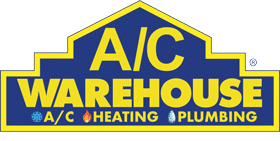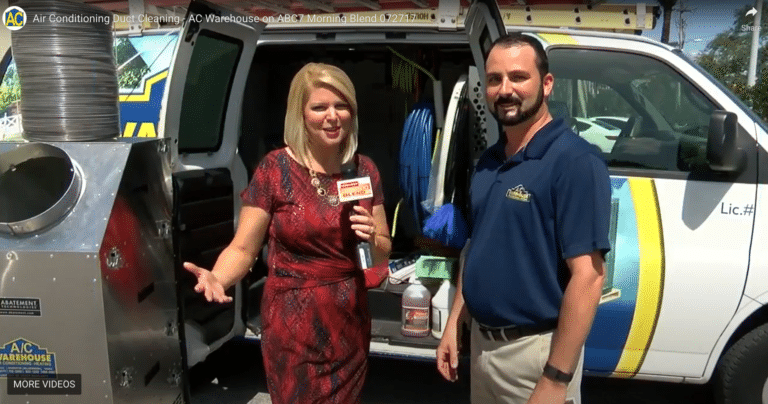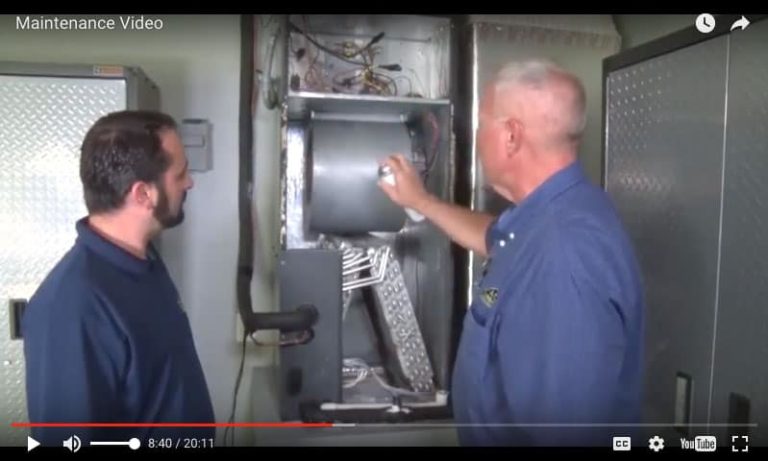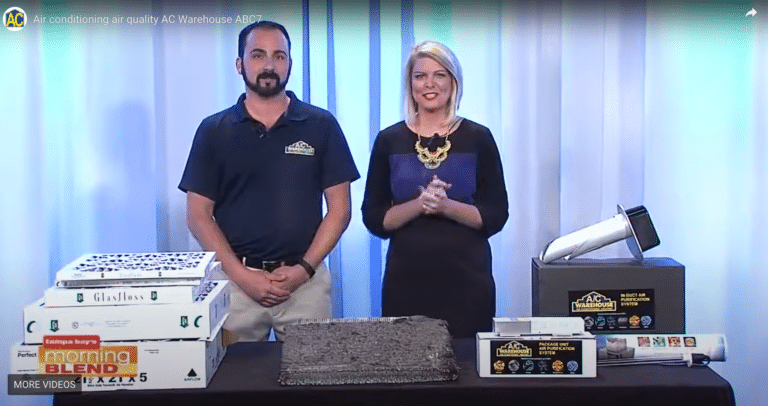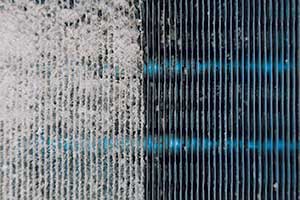Do HVAC Systems Clean the Air?
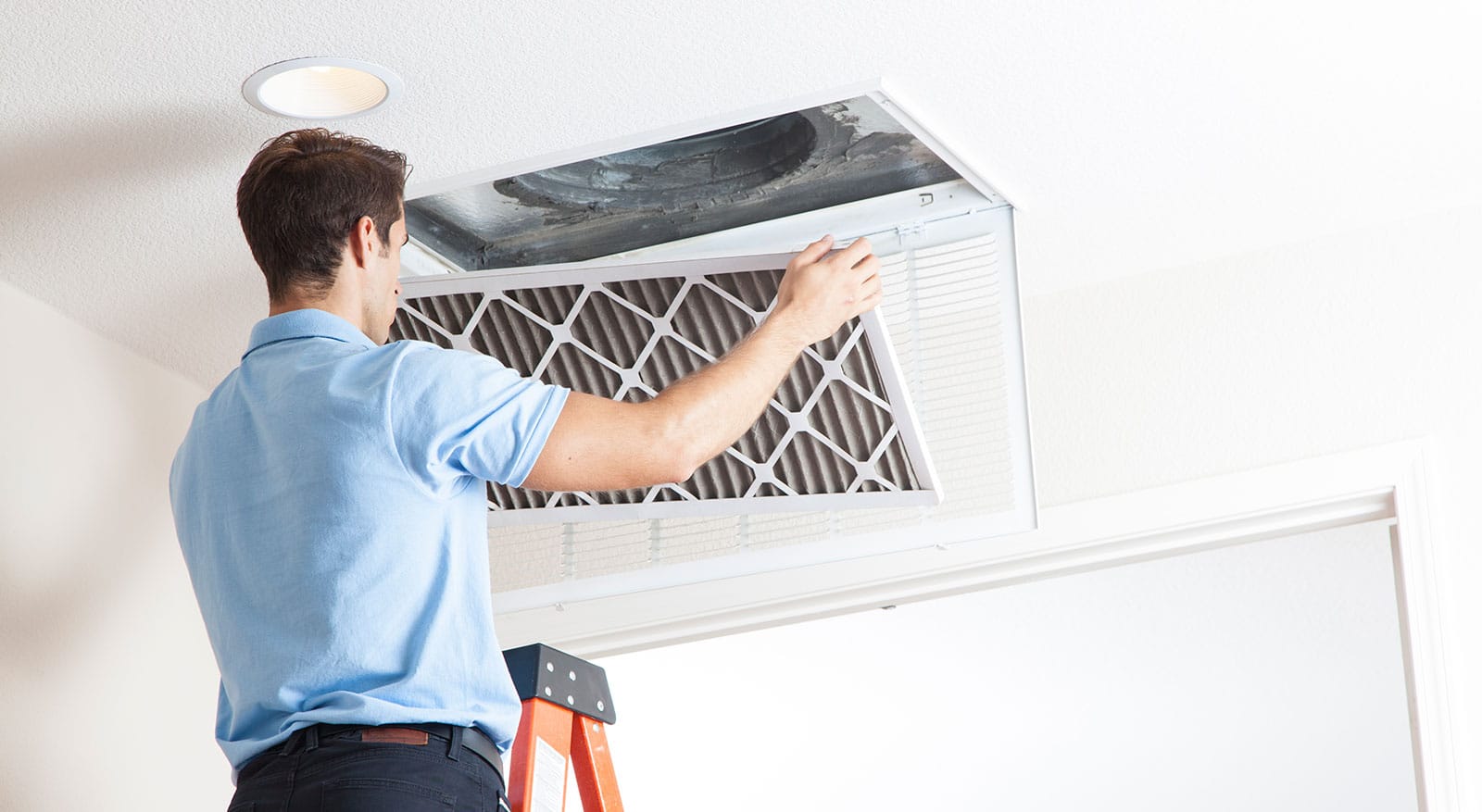
Modern HVAC systems keep you warm throughout the winter and cool during the summer. But that’s not all these systems can do for your home. Your HVAC system can also clean your home’s indoor air by removing a wide variety of airborne contaminants. Read on to learn how, as well as your options for improving your home’s indoor air quality.
How Your HVAC System Affects Indoor Air Quality
One of the ways your HVAC system affects IAQ is through filtration. Before air has a chance to circulate through the HVAC system, it must first pass through a filtration medium. There are several different types available with Minimum Efficiency Reporting Value (MERV) ratings ranging from 1 for the weakest performing filters to 16 for filters designed with maximum filtration in mind.
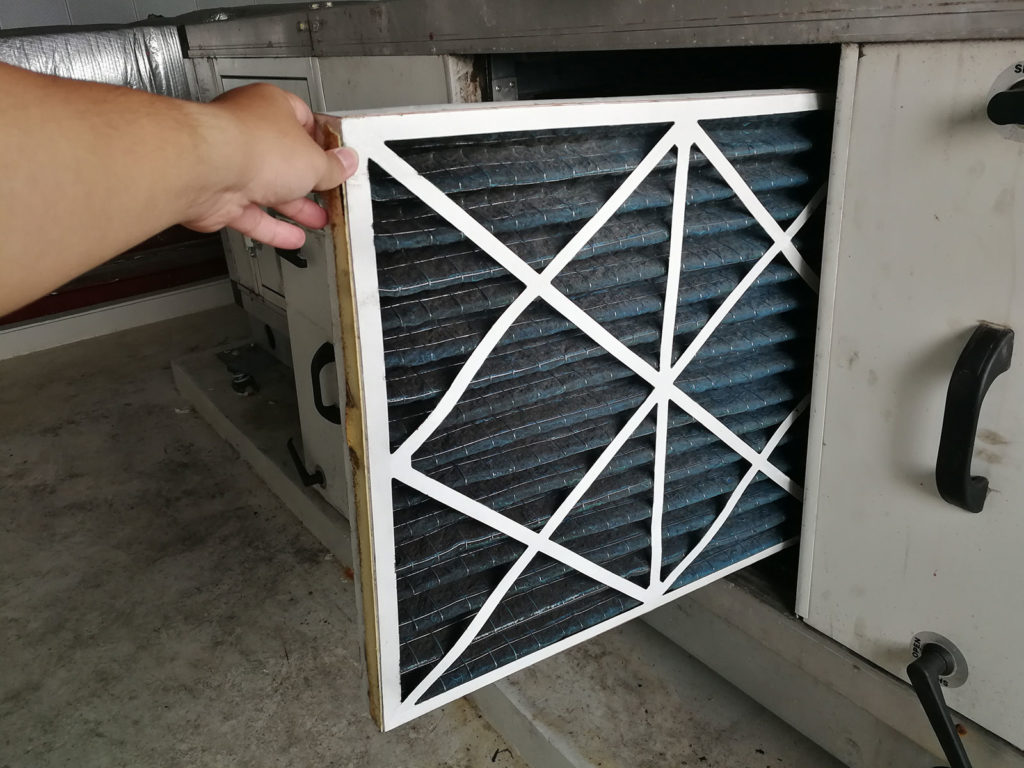
Your HVAC system’s filtration system not only eliminates airborne pollutants and allergens that often contribute to asthma symptoms, but it also keeps out insects and pests. The fan your HVAC system uses also aids with ventilation throughout the home.
HVAC systems also regulate indoor humidity by removing excess moisture from the air. Too much moisture can help breed mold and mildew, while too little moisture can make you and others in your home more susceptible to certain illnesses.
Advanced Air Filtration Options
Even with an ordinary air filter rated between MERV 4 and MERV 8, your HVAC system can easily block dust, debris and other airborne contaminants. Viruses and bacteria, however, are much smaller in size and can easily bypass most standard filters. Seasonal protection against airborne germs requires more thorough solutions:
HEPA Filtration
High-Efficiency Particulate Air or HEPA filters offer more thorough filtration than standard HVAC filters. These filters can remove at least 99.97 percent of airborne particles 0.3 microns in diameter, which includes most dust, pollen, mold, bacteria and virus particles.
HEPA filters are a great option for anyone looking to improve their IAQ, but most filters require changes to your current HVAC system or a portable air purifier to work properly.
UV Disinfecting Technology
The idea behind using ultraviolet (UV) light in HVAC systems is that it’s capable of deactivating viruses and other microbial organisms before they have a chance to spread to your living space. Recent research has found that UV light can eliminate 99.7 percent of Coronavirus within 30 seconds.
Improved Ventilation
A little airflow goes a long way towards improving your home’s IAQ. Increasing indoor ventilation by using your HVAC system more often can help reduce the likelihood of contracting an airborne virus. Increasing the amount of fresh air that enters your home, usually by opening windows and activating exhaust fans in your bathroom or kitchen, can also help improve IAQ.
HVAC Care Tips
Your HVAC system can help or hurt your IAQ depending on how well you take care of it. Here are a few tips for keeping your HVAC system in excellent shape:
- Change your HVAC air filter regularly.
- Keep your ducts in great shape. Regular cleanings and inspections help reduce the likelihood of mold and dust buildup.
- Have a professional clean your HVAC coils at least once a year.
- Watch for leaks and other signs of damage. Refrigerant leaks not only compromise your HVAC system’s performance, but also negatively affect IAQ.
- Commit to regular HVAC checkups. Having your HVAC system inspected seasonally can help lower your energy bills, keep the air clean and keep your HVAC unit in excellent condition.
